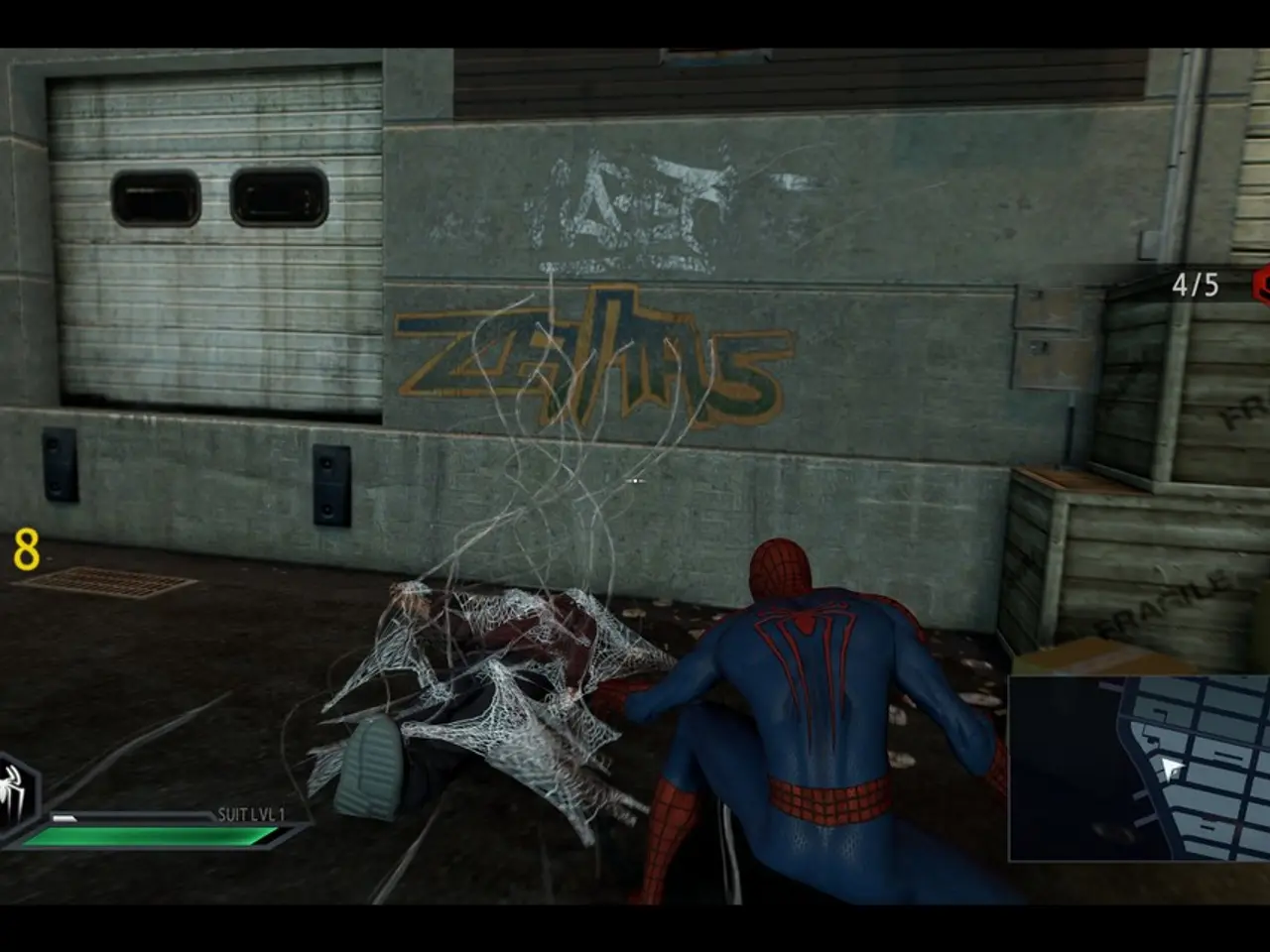Exploring realms that were previously uncharted for him, Freddie Mercury tackled the sensitive subject of mortality in Queen's awe-inspiring last single.
Freddie Mercury's final single with Queen, "The Show Must Go On," was recorded under extremely challenging circumstances. As Mercury battled AIDS, the band created a protective environment in the studio, shielding him from the media and focusing solely on the music.
During the recording sessions for Innuendo, Mercury needed more time and breathers than usual to get his vocal takes right. The song's lyrics, penned by Brian May, were a metaphor reflecting Mercury's struggle, capturing the determination to continue performing despite his declining health.
Mercury delivered an impassioned, brilliant, and full of determination and anguish performance for "The Show Must Go On." The track became a testament to his courage and a tribute to his talent. It was a massive-sounding song where Mercury was a Greek hero, at war with the fates.
The recording process was deeply emotional and symbolic. The band worked closely as a unit to support Mercury, with the studio serving as a sanctuary where they could deflect outside pressures and concentrate on their art. Though Mercury’s voice was weakened, he pushed through to deliver the vocals with remarkable intensity, making "The Show Must Go On" one of Queen's most poignant and enduring songs.
After Freddie Mercury's death on November 24th, 1991, "The Show Must Go On" was reappraised as his last stand and a victorious seizing of his legacy from the grip of his illness. The lyric "'My make-up may be flaking but my smile still stays on'" from The Show Must Go On was a reflection of Mercury's determination to maintain a brave face against his illness.
"The Show Must Go On" was released ostensibly to underline the upcoming release of Greatest Hits II, but it took on a whole new resonance after Mercury's death. It served as a poignant reminder of his indomitable spirit and his unwavering commitment to his art.
Freddie Mercury worked on Queen's album Innuendo in the 12 months before his death at Mountain Studios in Montreux, Switzerland. "The Show Must Go On" was released as a single at the tail-end of the Innuendo promotional cycle on 14th October 1991.
Brian May considered "The Show Must Go On" one of Freddie Mercury's finest performances of all time. Mercury's vocal performance for "The Show Must Go On" was recorded despite his frail condition and difficulty standing for long periods. His performance at Wembley Stadium during Queen's 1985 Live Aid set, where he confirmed himself as the frontman of the age, stands as a testament to his unwavering dedication to his craft.
In conclusion, "The Show Must Go On" is more than just a Queen song. It is a symbol of Freddie Mercury's courage, resilience, and indomitable spirit. It serves as a reminder of his unwavering commitment to his art, even in the face of adversity. The song continues to inspire generations, standing as a testament to Mercury's incredible talent and his enduring legacy.
In the studio sessions for Queen's album Innuendo, amidst the challenges of Mercury's health, music became a beacon of hope and a reflection of pop-culture resilience. Brian May's poignant lyrics for "The Show Must Go On" encapsulated Mercury's fight, converting it into an anthem of entertainment that touched countless hearts.








